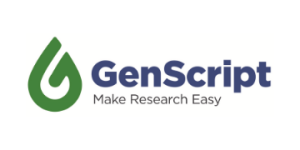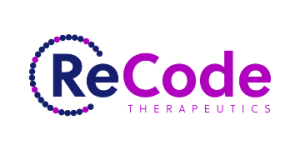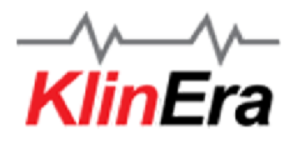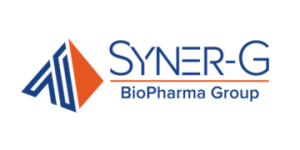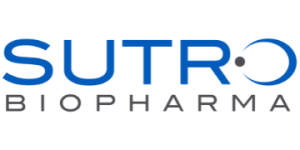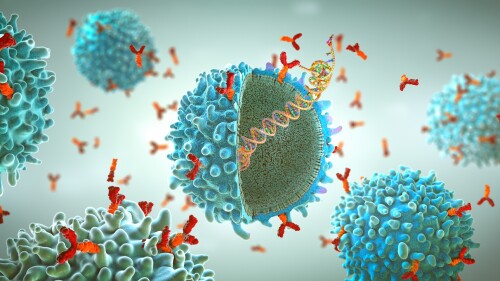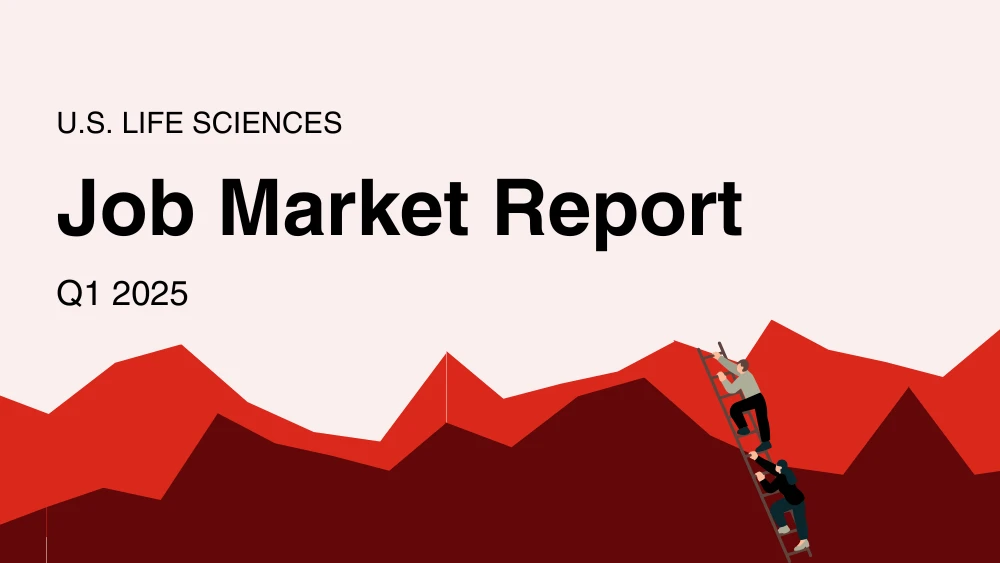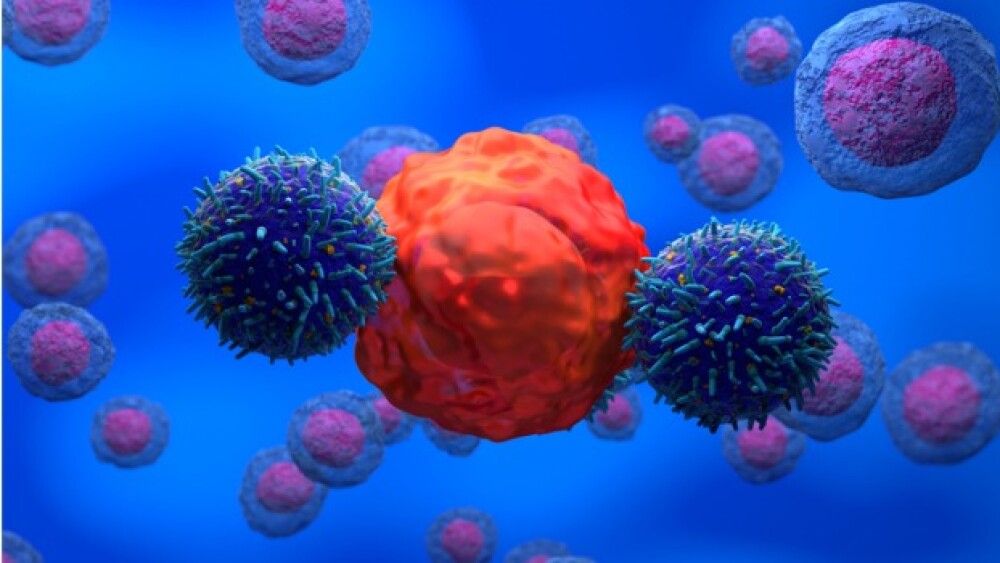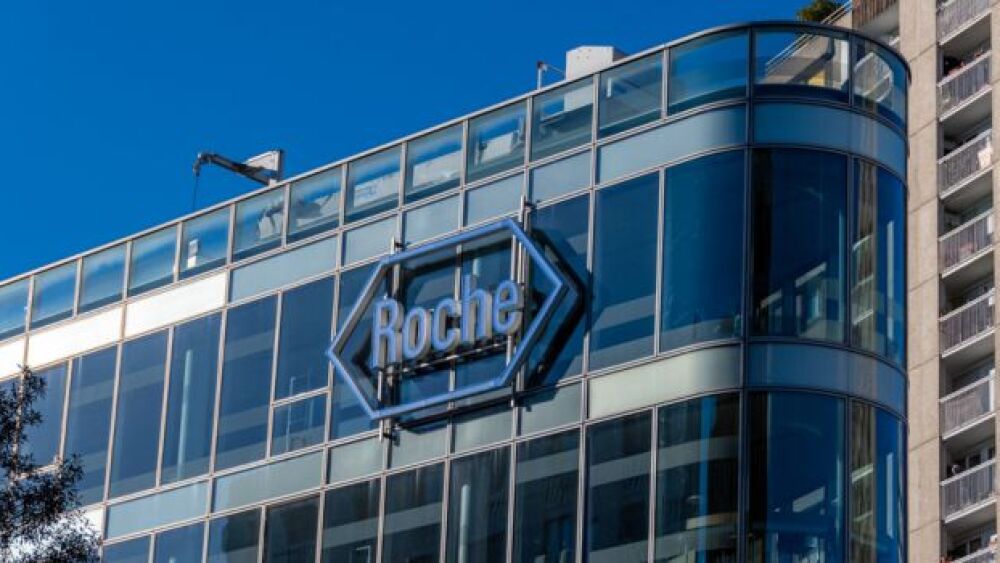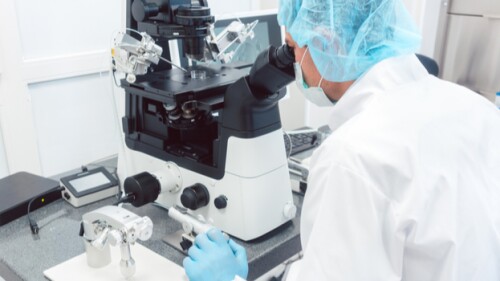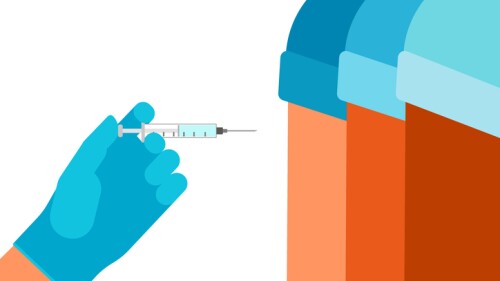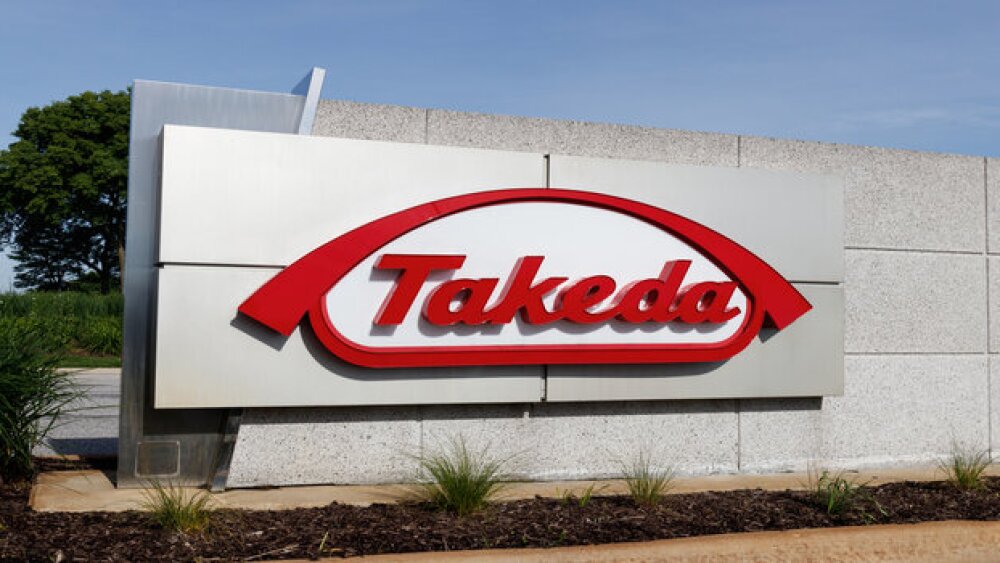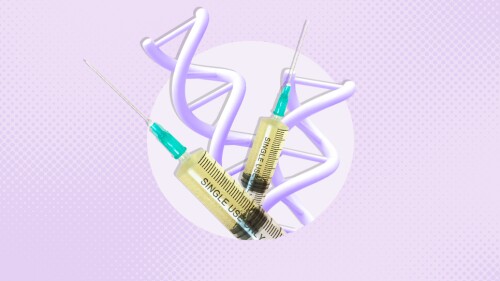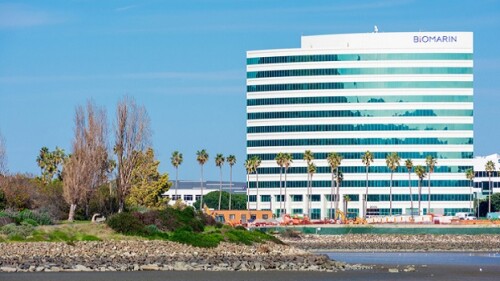Playing both sides of trade war, pharma companies are asking for certain compensations for scientific innovation and a smoother regulatory framework.
Analysts are “cautiously optimistic” about Trump’s executive order, noting that changes to the IRA drug price negotiation program will still require Congressional action before being implemented.
The raise will go toward trialing the company’s lead drug for phosphomannomutase-2 congenital disorder of glycosylation, a rare disease that affects the entire body and produces a wide range of symptoms.
Donald Trump takes biopharma on a tariff-themed rollercoaster ride; J&J kicks off the Q1 earnings season; experts express concern about the FDA’s future; Pfizer’s obesity setback could be Viking’s gain; and BioSpace reveals the highest paid pharma CEOs.
In this bonus episode, BioSpace’s vice president of marketing Chantal Dresner and careers editor Angela Gabriel take a look at Q1 job market performance, layoffs and administration decisions impacting the workforce.
In the company’s first-quarter earnings call Tuesday, J&J CEO Joaquin Duato said there’s a better way to encourage drug manufacturing in the U.S. than President Donald Trump’s threatened pharma tariffs.
FEATURED STORIES
Price-negotiation provisions that are out of step with reality are discouraging funders and Big Pharma partners from investing in potentially transformative therapies. Fixing some of the unintended consequences of the IRA will clear the way for innovative medicines to reach patients in need.
Non-opioid pain therapies are entering an unprecedented era, marked by the landmark FDA approval of Vertex’s Journavx and a growing number of alternative approaches. Their ultimate uptake, however, remains to be seen.
With the modality now in early clinical trials, experts say more efficiency, broader editing capabilities and delivery breakthroughs are needed to propel RNA editing to the next stage.
FROM BIOSPACE INSIGHTS
In a year when eradicated diseases are on the uptick in America, how will American children survive RFK Jr.’s vaccine scrutiny and inconsistency? Two experts call on pharma and regulatory bodies to rebuild trust.
LATEST PODCASTS
BioSpace’s Lori Ellis discusses the risks and challenges of cell and gene therapy combination products with DIA speakers James Wabby, AbbVie and Rob Schulz, Suttons Creek, Inc.
Mass layoffs represent a step for Bayer toward reducing managerial layers, while clinical results released in the last week could influence the parallel races between Novo Nordisk and Eli Lilly in the GLP-1 and insulin spaces.
Bayer joined BMS in announcing major overhaul; Takeda drops up to $2 billion for an anti-amyloid drug from AC Immune; and BioSpace reflects on last week’s ASGCT meeting—the good, the bad and the ugly.
Job Trends
Takeda announced that the European Medicines Agency’s Committee for Medicinal Products for Human Use has recommended the approval, under exceptional circumstances, of recombinant ADAMTS13 for the treatment of ADAMTS13 deficiency in children and adult patients with cTTP.
Subscribe to Genepool
Subscribe to BioSpace’s flagship publication including top headlines, special editions and life sciences’ most important breaking news
SPECIAL EDITIONS
A new generation of checkpoint inhibitors is emerging, with some showing more promise than others. From recent TIGIT failures to high-potential targets like VEGF, BioSpace explores what’s on the horizon in immuno-oncology.
Peter Marks, the venerable head of the FDA’s Center for Biologics Evaluation and Research, has been forced out. In this special edition of BioPharm Executive, BioSpace takes a deep dive into the instability of the HHS.
Year-over-year BioSpace data show biopharma professionals faced increased competition for fewer employment opportunities during the first quarter of 2025.
DEALS
-
Cartesian Therapeutics’ mRNA CAR-T therapy met its primary endpoint in a mid-stage trial for the chronic autoimmune disorder and expects to raise $130 million via private placement equity financing.
-
In 2023, the ADC market exceeded $10 billion, and this momentum is persisting into 2024, as evidenced by several strategic deals and a robust pipeline of candidate drugs.
-
In 2023, the ADC market exceeded $10 billion, and this momentum is persisting into 2024, as evidenced by several strategic deals and a robust pipeline of candidate drugs.
-
Alumis is debuting in an initial public offering Friday on the Nasdaq, though the $250 million IPO is less than its initial targeted raise of $274 million just days ago.
-
AbbVie on Thursday announced it has acquired Celsius Therapeutics to expand its immunology portfolio with a first-in-class TREM1 inhibitor CEL383, following other big players looking to cash in on the hot immuno market.
WEIGHT LOSS
-
The acquisition was featured Monday in Roche’s Pharma Day presentation, which also included projections of more than $3 billion in annual sales from three early-stage obesity and diabetes drugs.
-
Sen. Bernie Sanders’ aggressive targeting of Danish drugmaker Novo Nordisk’s Ozempic and Wegovy pricing, and not Eli Lilly’s rival drugs, is not fair.
-
In a Tuesday Senate hearing on Novo Nordisk’s drug pricing, CEO Lars Fruergaard Jørgensen said he would be willing to sit down with the three largest pharmacy benefit managers who committed that they would expand coverage of Ozempic and Wegovy if Novo lowers its list prices for the blockbuster drugs.
-
New revelations from the showdown between Novo Nordisk’s CEO and Bernie Sanders’ Senate health committee Tuesday; PhRMA’s legal victory in IRA case; the federal interest rate cut and anticipated approval for schizophrenia.
-
Novo Nordisk and Eli Lilly are expected to rule the obesity market for a few more years without much challenge. To ensure they stay there as competition enters, the companies are spending billions in licensing and M&A deals.
POLICY
-
Makary is a pancreatic surgeon at Johns Hopkins who became known for battling medical mistakes and in recent years has been an outspoken critic of COVID-19 policies.
-
The selection of controversial TV personality Mehmet Oz to run the agency overseeing Medicare and Medicaid follows Trump’s pick of RFK Jr. to run its parent department, HHS.
-
While the full impact of the Supreme Court decision remains unknown, the new regulatory landscape could be a net positive for drug developers.
-
Trump’s HHS pick, Robert F. Kennedy Jr., is an anti-vaccine campaigner who has previously said that he plans to gut the FDA on allegations of corruption and reduce the NIH’s headcount.
-
Suggestions that the U.S. should emulate other countries on drug price controls or patents obscure how our present policies have allowed drug development to flourish.
You know it’s important to nail the interview with a potential employer, but it’s what you do after an interview that might really influence your chances of getting the job. Find out how in our guide.
Being laid off from a job is stressful. Fortunately, there are steps you can take to curb some of that stress, relieve financial worries and make finding your next position as smooth a process as possible.
Read on to learn about the different nursing positions available in the biopharmaceutical industry, as well as the skills and qualifications you need to be a successful biopharma nurse.
Finding a new job can be a daunting task. From updating your resume to preparing for interviews, there are a lot of moving parts. To help, here are five interview techniques that actually work.
BioSpace spoke with three CEOs: Alto Neuroscience’s Dr. Amit Etkin, Omega Therapeutics’ Mahesh Karande and Rain Therapeutics’ Avanish Vellanki about their companies’ employment growth.
The life science industry is growing rapidly, and many companies have announced expansions and job creation. Still, others have been forced to cut costs and slash jobs. For that and more, continue reading.
HOTBEDS
REPORTS
In this Employment Outlook report, BioSpace explores current workforce sentiment, job activity trends and the prospective job and hiring outlook for 2025, particularly as it compares to the previous year.
BioSpace’s third report on diversity, equity, inclusion and belonging in life sciences examines dramatic shifts in attitude around diversity initiatives.
CANCER
-
Keros’ elritercept has shown promising efficacy signals in myelofibrosis and myelodysplastic syndromes and could pose a formidable challenge to Bristol Myers Squibb’s Reblozyl.
-
The deal with Tubulis will help Gilead regain its footing in the ADC space following the withdrawal of Trodelvy in bladder cancer and its late-stage fail in NSCLC.
-
Alongside the layoffs, Alligator will also suspend work on all of its earlier-stage assets and devote its resources to lead candidate mitazalimab, being developed for the frontline treatment of metastatic pancreatic cancer.
-
The cancers were diagnosed 19 to 92 months after Skysona treatment.
-
At the conference, AstraZeneca and Daiichi Sankyo will present their case for Dato-DXd in NSCLC, while BioNTech and Merus will reveal promising mid-stage data for their respective cancer candidates.
NEUROSCIENCE
-
Seaport Therapeutics, kick started by the former leaders of Karuna Therapeutics, has raised $225 million in an oversubscribed Series B to fund a pipeline of neuropsychiatric medicines.
-
BMO Capital Markets analyst Evan Seigerman in a note to investors said the late-stage data for Vertex’s experimental non-opioid pain medication “reaffirms our confidence in the strength of suzetrigine’s profile.” However, William Blair analysts view these data as “an incremental positive” as the company faces challenges in targeting the acute pain market.
-
Wave Life Sciences in a Tuesday filing with the SEC said Takeda has elected to terminate its option to continue work on Wave’s WVE-003 clinical-stage Huntington’s disease program—a potential $5 billion commercial opportunity, according to the biotech.
-
Johnson & Johnson is cutting several programs—most of which are in neurology and psychiatry—as the company also pulls back from the infectious diseases market.
-
Under the deal, the Danish pharma will gain access to Longboard’s 5-HT2C receptor superagonist that is currently in late-stage development for seizures in various developmental and epileptic encephalopathies, including Dravet syndrome.
CELL AND GENE THERAPY
-
Patients in the U.K. with transfusion-dependent beta-thalassemia will have access to Vertex Pharmaceuticals’ gene editing therapy Casgevy, thanks to an agreement with the National Health Service on the price.
-
Experts say the time is now to develop and provide widespread access to genetic medicines for the rarest diseases. What’s more, they say it is a moral imperative.
-
BioMarin Pharmaceuticals on Monday said it is restricting sales of its hemophilia A gene therapy to three countries in an effort to reduce costs and help the treatment become profitable by 2025.
-
Longeveron and Lexeo Therapeutics are working on CGT therapies to treat Alzheimer’s disease, but it’s not clear whether they have a better chance of success than traditional approaches.
-
Ultracompact CRISPR systems, which are in some cases one-third the size of Cas9, are being designed to be more specific and enable in vivo gene editing in difficult to reach tissues.






























